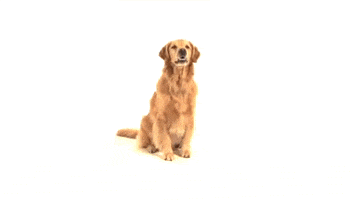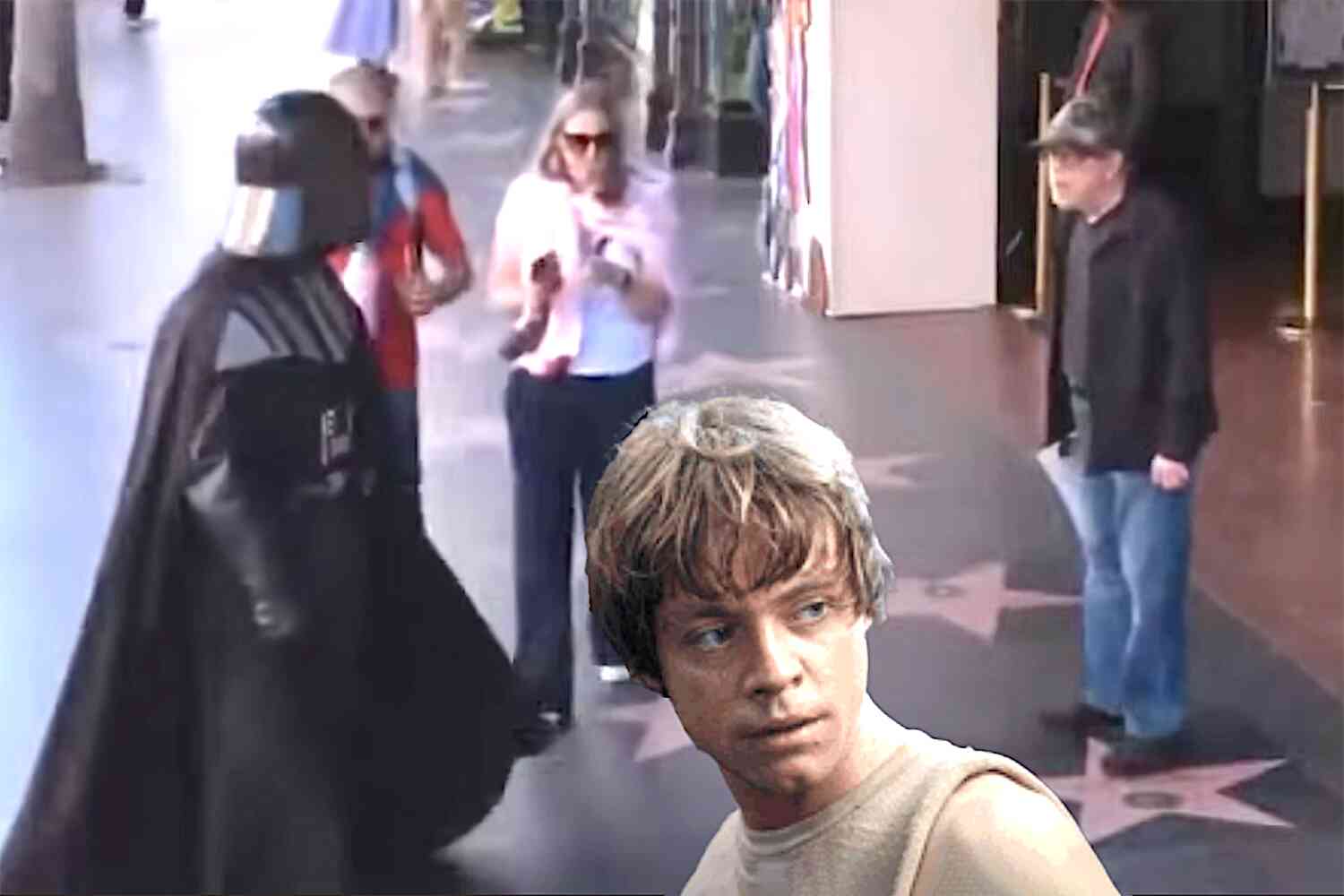Create stupid hypotheses, get stupid results.
I know this is just anecdotal, but based on my own personal experience, I have found that despite the many times I have done it for them, dogs will not pick up my poop.
That lack of reciprocated food sharing in dogs is the key finding of a study published today in PLOS One by dog researcher Jim McGetrick and his team.
I know you got funding, I know your interns were really excited about being able to put this on their resumes, but when your key finding is that dogs are not human, maybe just don't publish that study. Perhaps do a study that explores why dogs don't rub their owners' bellies, see how that goes.
The comparative psychologist at the University of Veterinary Medicine, Vienna in Austria found that in lab experiments, dogs who received treats by humans pushing a button didn't then return the favor by pushing the same button so humans gained a treat in kind.
I would say, "oh the humanity!" except they aren't humans, so...
Previous studies have observed that dogs repay other generous dogs with food tit-for-tat,.
Yes, after a million years of evolution and instinct.
...and take the initiative to rescue distressed humans from entrapment.
Dogs will rescue humans, their sole source of food and shelter. That is part of the relationship.
McGetrick says his study is the first to look at reciprocity between humans and dogs. His team wondered whether fed dogs would reward food to beneficent humans.
This is where he loses me. He creates a contrived experiment that has no obvious relevance to the human-dog relationship as it has developed over 10,000 years and is contrary to general training practices to determine what? Dogs are dogs?
I'll return to that point in a bit.
To probe this question, the researchers trained 37 pet dogs to press a button for food from a dispenser.
That was the easy part. There is pretty much nothing you can't train a dog to do as long as food is involved. Sniff out lethal explosives, attack armed criminals, and, well, this.
(There are exceptions. Check out Snitch at 1:20. He is having none of it. I admire his sense of dignity. Resist!)
Once each dog associated the button with food, the button was placed in an adjacent room with a human stranger inside. The dog would remain in a different room with the food dispenser. A wire mesh fence separated the two rooms—through which the dog could observe the human controlling the coveted button. A helpful human would press the button and the dog would receive food. An unhelpful human would steel his or her heart against the dog's pleading eyes—unbeknownst to the dog, the volunteer usually felt terrible—and press a decoy button that didn't release any food from the dispenser.
"When they were with the unhelpful human, it surprised me how big of a deal it was for them when they didn't get food in a situation where they expected to get food," says McGetrick. These dogs whined and made a fuss. "It could look effectively like throwing a tantrum."
I think it would have been really helpful for someone leading a study on dogs to have perhaps owned a dog, or knew someone who owned a dog, or perhaps just saw a dog once.

The researchers then reversed the situations. The working button was transferred to the room with the dog, and the food dispenser—with chocolate candy replacing the kibble—was relocated to the human's room. This time, the dogs weren't nearly so eager to press the button in their room when the food ended up with the human next door.
What possible reason could there be for this?
My hypothesis:
They're dogs.
Moreover, when it came to reciprocating the helpful human who had previously fed the dog via the button or the unhelpful one who had refused, the dogs didn't seem to distinguish between the two. The dogs pushed the button equally for both groups.
You probably don't think this can get more comical.
It gets more comical.
Moreover, after each button-pressing experiment, the dogs and humans had the chance to interact in the flesh. The dogs didn't seem to hold the volunteers' unhelpfulness against them. They approached the volunteers equally, whether the humans had been helpful or not.
I'm starting to think that prior to this experiment, the only experience McGetrick had had with a dog was this.

"[The result] could indicate that dogs might not necessarily … relate to something like gratitude," says McGetrick. Or, "they don't necessarily strongly regard or consider others in their actions."

I readily concede I am being a little hard on the researchers and I suppose there may be some utility to knowing that dogs don't share the very human concept of "gratitude."
To return to my earlier question, was the sole point of this experiment to prove that dogs are dogs?
There is a lot of that in academic research, this compulsion to prove that your dog is not what you think he is, that he is not capable of the emotions assigned to him, that they are just biological automatons. So many of these researchers seem to derive joy in using science to rob you of yours.
But they all miss the point entirely, because none of this research proves your dog doesn't love you. He does, but in his own peculiar doggy way.
The wonder of that does not diminish just because your dog doesn't share your sense of gratitude, appreciation of fine art, or the pleasures of a piano concerto.
And he doesn't hold it against you for not appreciating the nearly infinite tapestry of pee aromas.










